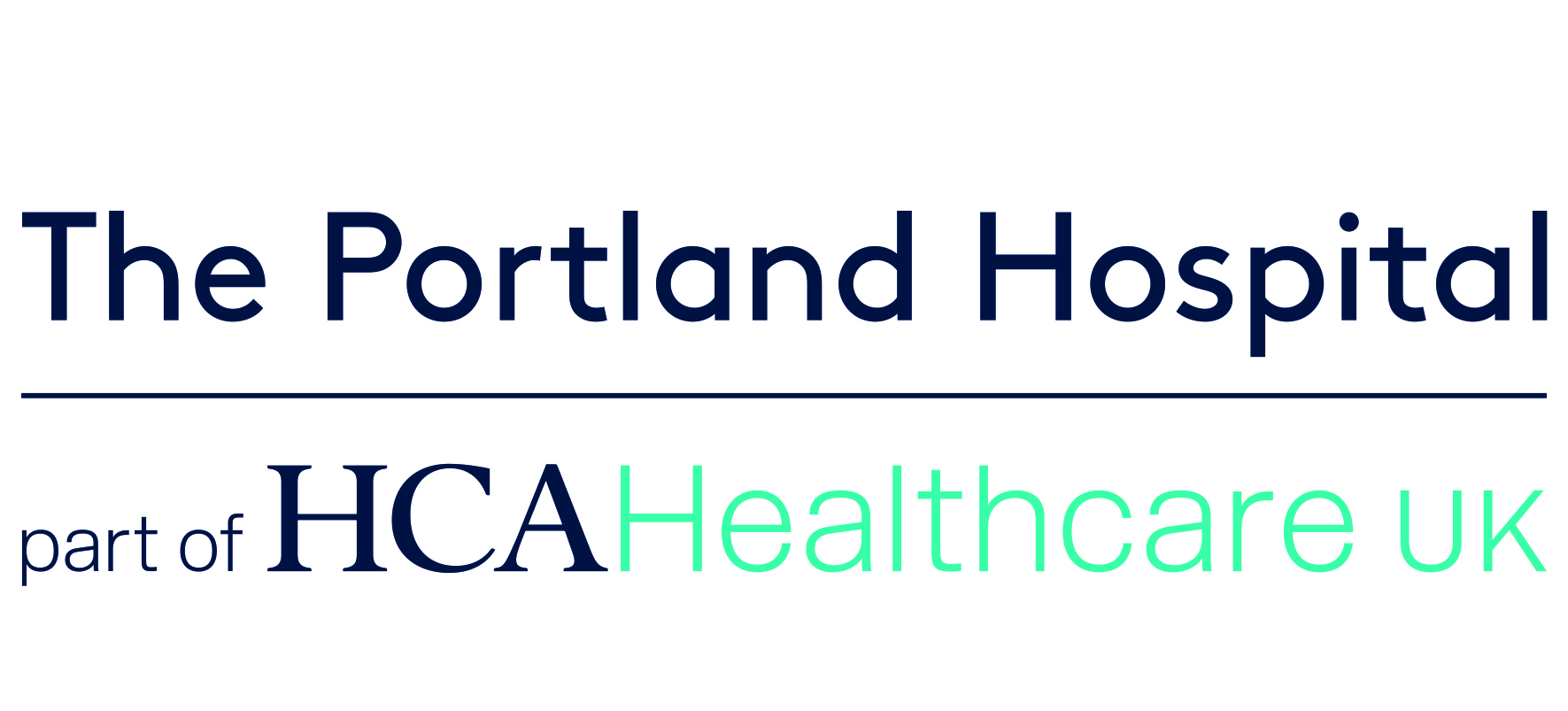Hepatitis B is a virus that causes swelling, and possibly serious damage, to the liver.
Around 1 in 700 women in the UK and the USA contract Hep B. It’s passed from person to person through semen, vaginal fluids or blood. Unprotected sex is a risk, as is sharing needles – eg drugs and tattoos. Even sharing a toothbrush or razor with someone who has HepB is a risk.
A mild case will probably pass if you’re fit and healthy. More serious cases may linger and there’s no cure. A healthy lifestyle and good care from your doctor will do a lot to manage it.
If you know already that you have Hep B before you get pregnant, or when you are pregnant, talk to your Doctor straight away so they can help protect your baby. If you have a serious case of Hep B, you might have an increased risk of miscarriage or still birth.
If you have hepatitis B during pregnancy, you can pass the virus on to your baby. That’s why a routine blood test to detect hepatitis B is offered to all pregnant women. Most babies aren’t strong enough to fight it off on their own, like adults can.
There’s also a possibly increased risk of gestational diabetes and low birth weight babies.
If you do have Hep B, it is vital that your baby has the vaccinations and treatment after the birth so they are protected. If the virus levels in your blood and high, your doctor may also advise you to take medication during pregnancy.
You may have aches, feel tired and generally feel like you have the flu;
Jaundice like symptoms – yellowish skin and whites of the eyes;
Loss of appetite;
Itchy skin;
Pale poo;
Dark wee.
These symptoms can continue for weeks or even months.
These symptoms are very tiring – so may make you feel like you have no energy to go and seek medical help. It’s vital you do so though – so you can protect your baby.
If your blood test shows you have Hep B, you should be referred to a specialist doctor or nurse.
They will offer you a test that checks how high the “viral load” of the virus is in your blood.
If your viral load is high, you may be offered treatment with medication.
Treatment may start in the third trimester of your pregnancy, depending on how high your viral load is. Treatment should continue for four weeks to 12 weeks after you give birth.
If your viral load is lower, it’s likely that your doctor won’t advise you to start treatment, unless you have liver disease.
If you’re already having treatment when you become pregnant, make sure you tell your doctor in case she needs to change your medication – some of the treatments aren’t safe for pregnancy.
Your Doctor may refer you on to a gastroenterologist or a heptatologist.
It’s most likely that hepatitis B will not affect your pregnancy or your baby’s birth. That said, the best idea is to talk to your Doctor so everything is as safe as possible and all risks are understood.
It is possible for you to pass on hepatitis B to your baby. It’s thought that this mostly happens during the birth, through contact with your blood and body fluids. How you give birth makes no difference to the chance of the infection being passed on to your baby, and so hepatitis B on its own is not a reason for a caesarean.
If you have the virus, your baby should have a hepatitis B vaccination at birth.
See our article on baby immunisations.
If your viral load is high – and/or if your baby is low in weight, your baby may also need an injection of antibodies (also called immunoglobulin).
Your baby will also need a course of follow-up immunisations and blood tests. It’s really important that he completes these for full protection.
Your baby will need to have the vaccine again at the age of 1 month, then another dose at two months, and another at 12 months. He should also have a blood test around his first birthday to check whether the virus has gone. This follow up at 1 year is generally done through your Doctor/ GP. A booster dose of the vaccine is also recommended at around the age of five.
Without the vaccine, nine in 10 babies who caught HepB from their Mums will go on to have chronic hepatitis.
Yes. NHS guidance says it’s safe to breastfeed your baby, as long as he is having the vaccinations.
